Start planning your travels now—some of the most culturally significant landmarks in the United States may be gone sooner than you think.
From coast to coast, many U.S. historical landmarks struggle to survive amidst economic and environmental concerns. Without action, the country could lose these sights forever.
Don’t wait any longer to visit the most endangered U.S. places.
Osterman Gas Station, Arizona
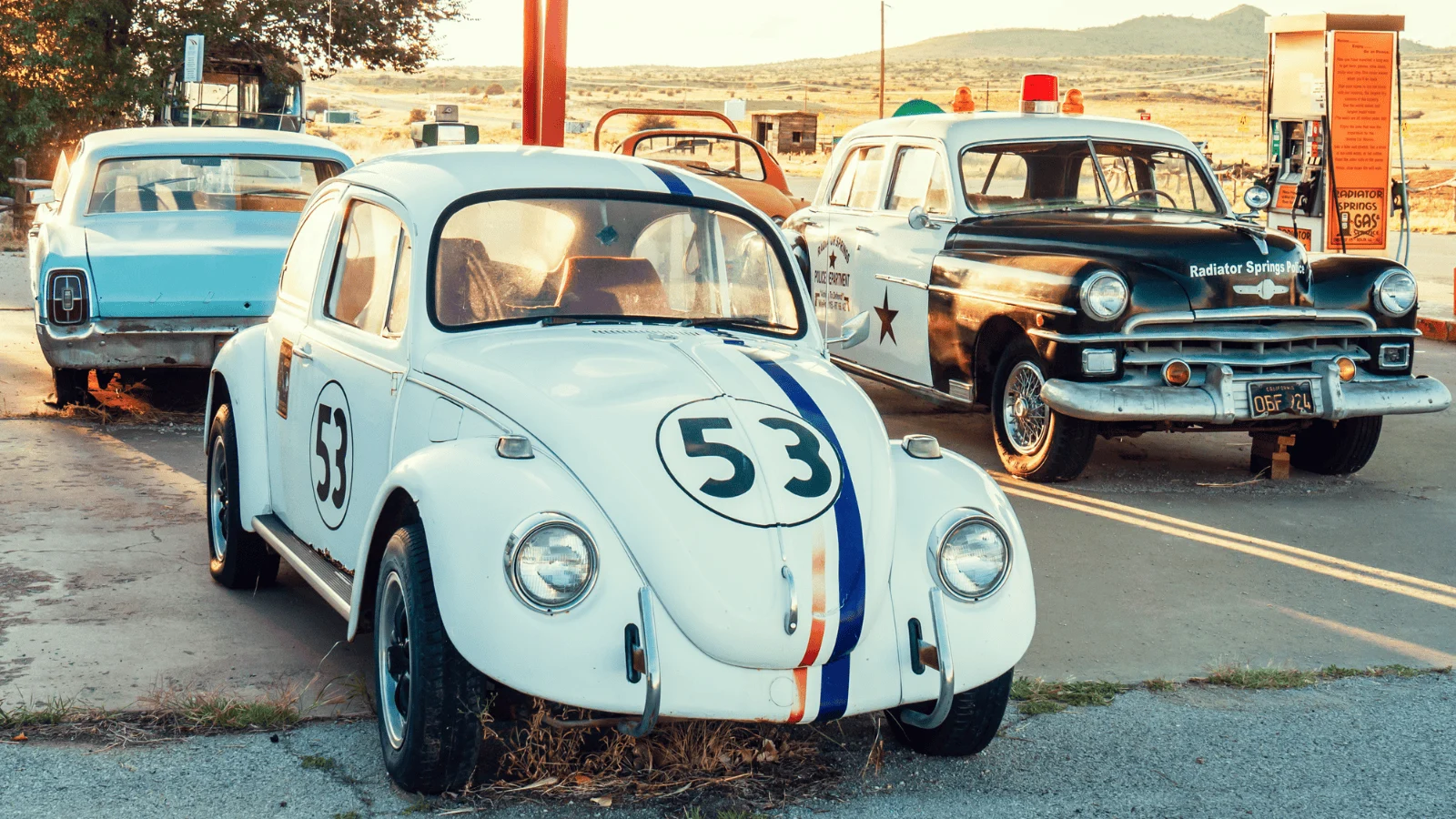
While road-tripping along Route 66, keep an eye out for the Osterman Gas Station in Peach Springs. It was built in 1929 and has been a beloved gathering place for the local Hualapai Tribal community for over 100 years.
Osterman Gas Station has fallen victim to economic issues and environmental damage. The Hualapai Tribe plans to revitalize the site as a museum, visitor center, or gift shop.
Century and Consumers Buildings, Illinois
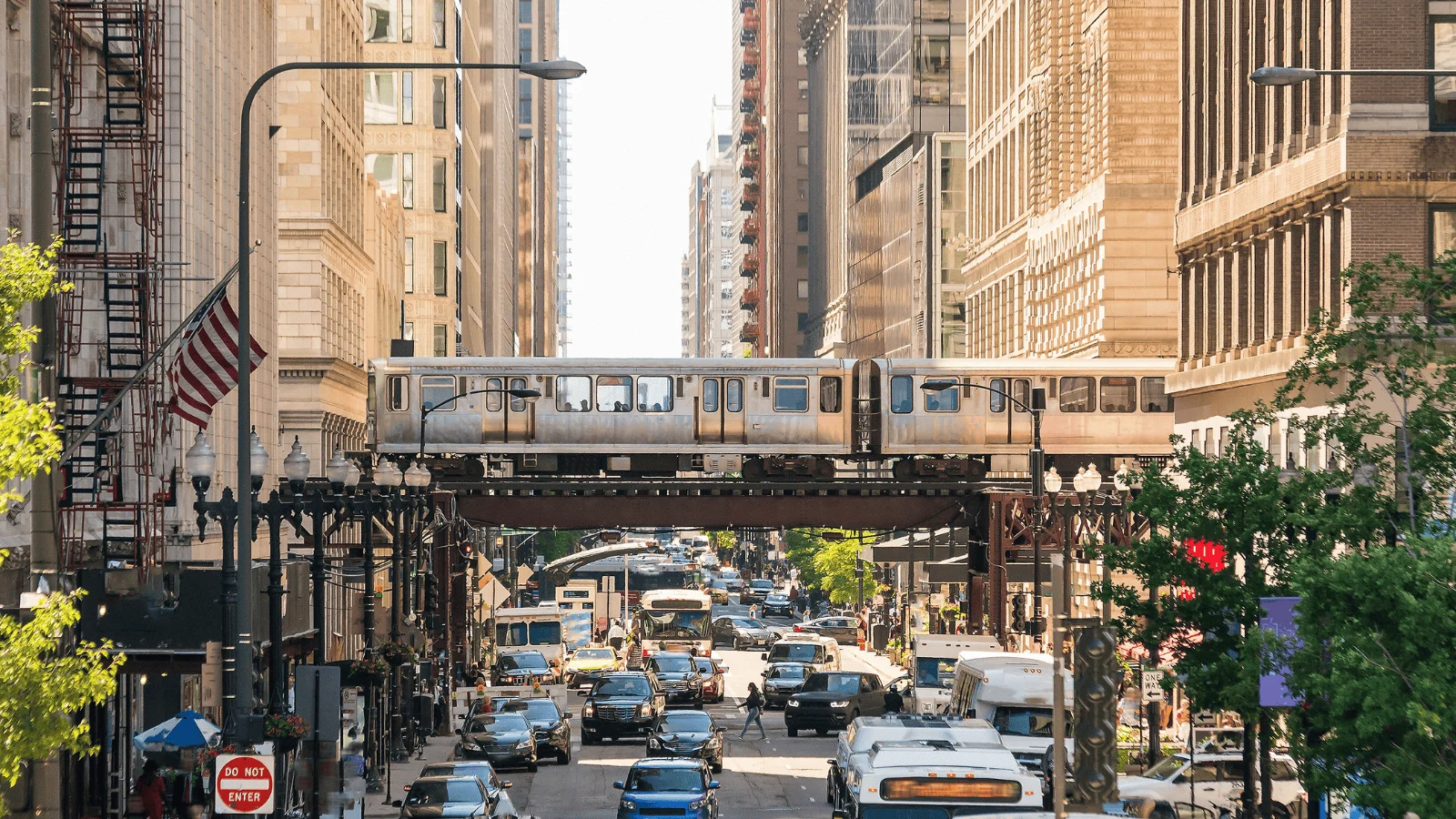
In the heart of downtown Chicago, you’ll find the endangered Century and Consumers Buildings. They belong to the Loop Retail Historic District, a popular shopping area.
The buildings have been a cornerstone of the Chicago skyline since the early 1900s. Despite their historical and architectural significance, the city intends to demolish them for new construction projects.
Seattle Chinatown-International District, Washington
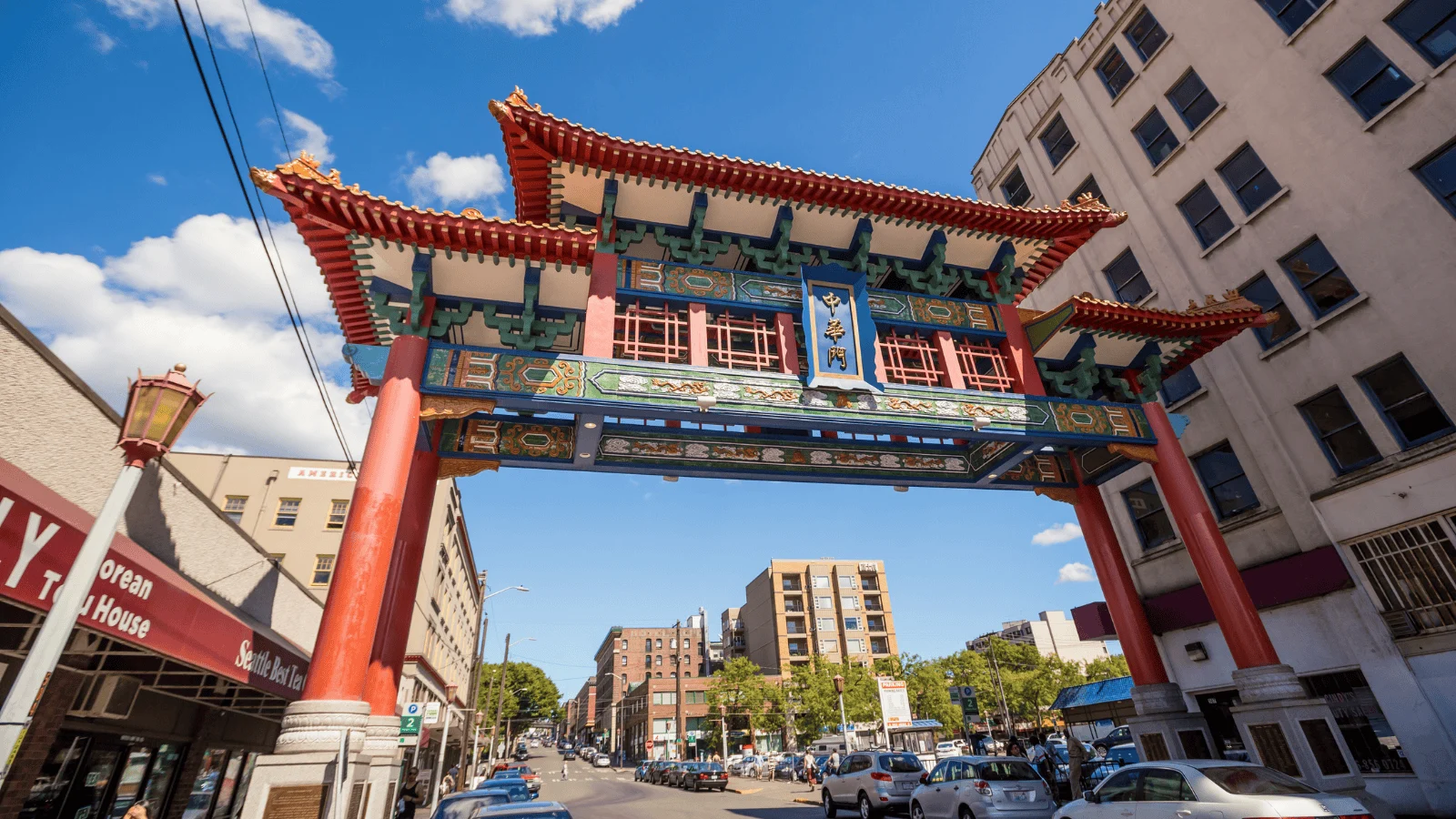
Seattle’s Chinatown-International District may cease to exist in your lifetime. Chinese, Japanese, Filipino, and Korean families established this one-of-a-kind neighborhood in the 19th century.
Today, the district needs help to maintain its identity amidst the prevalence of parking lots, sports stadiums, and highways. Washingtonians must act to protect the unique eateries, shops, and public spaces that define the Seattle Chinatown-International District.
Charleston’s Historic Neighborhoods, South Carolina
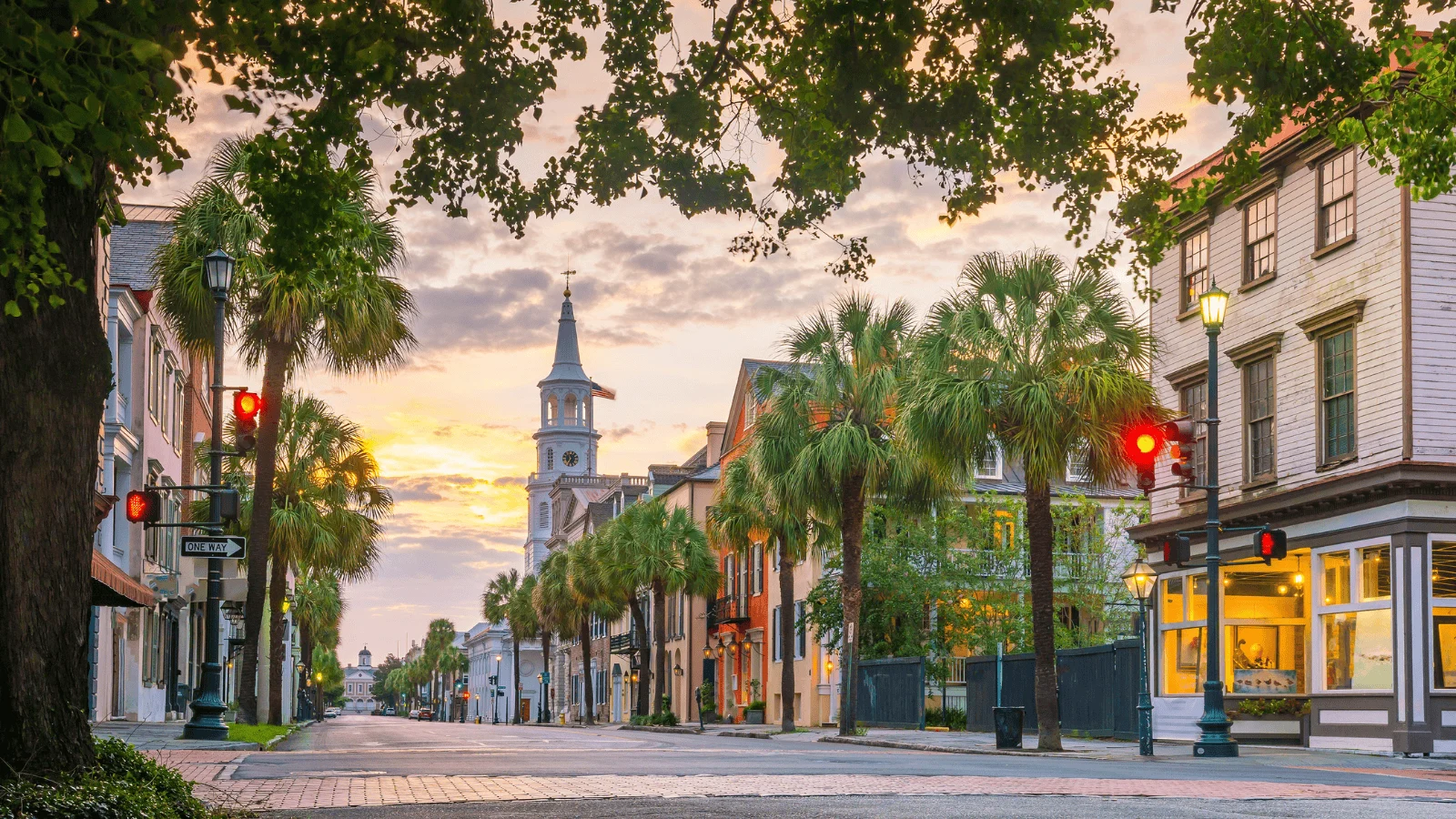
Charleston is a charming waterfront town famous for its beaches, architecture, and history. In 2023, the National Trust for Historic Preservation added Charleston’s historic neighborhoods to its list of the country’s most endangered places.
These neighborhoods include Union Pier, a 65-acre waterfront area with a port used by Carnival Cruise Lines. Overtourism has severely impacted the protection of Charleston’s past, and local agencies are rallying to fight the future development of Union Pier and beyond.
Smithsonian Arts & Industries Building, Washington, D.C.
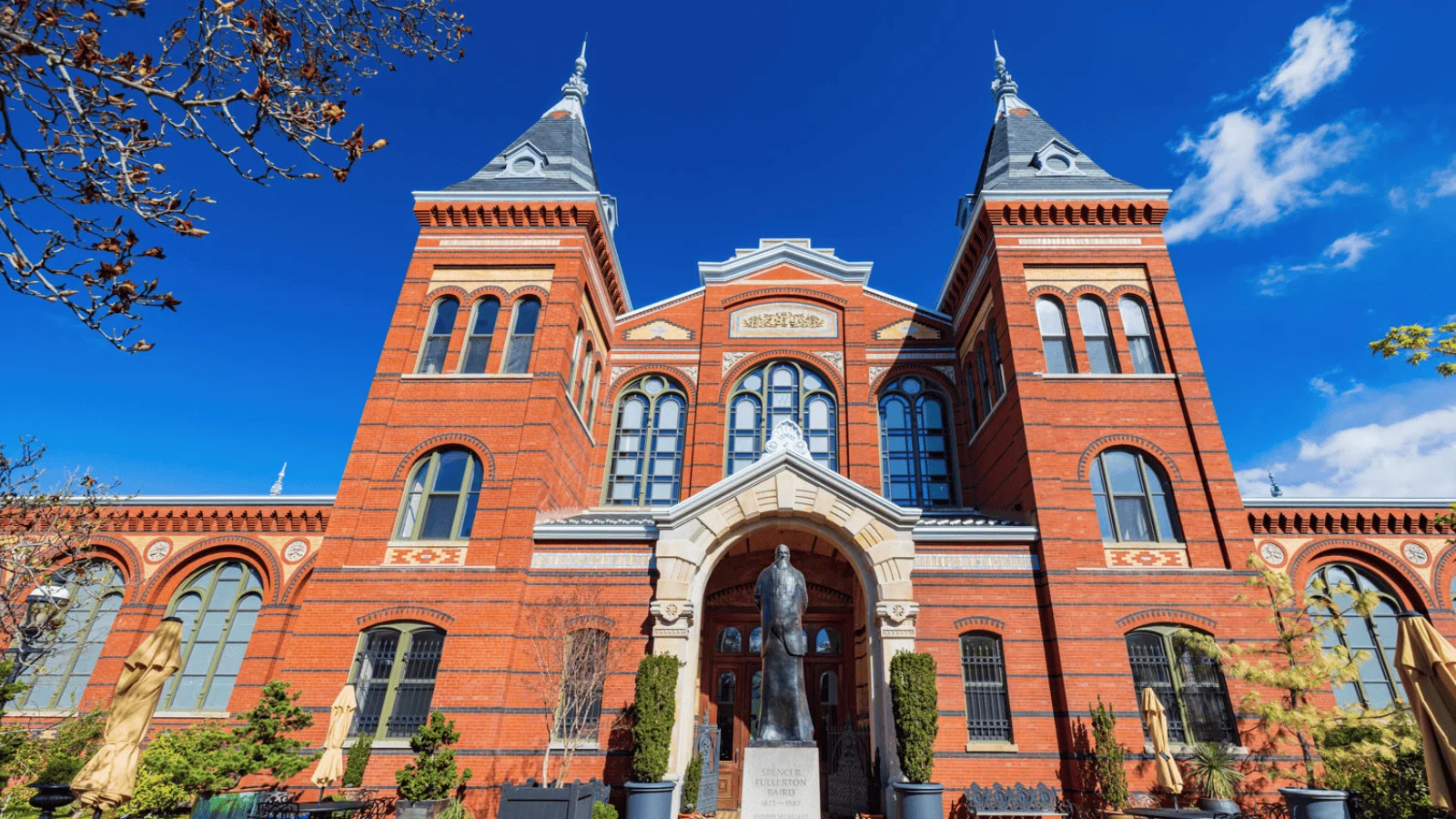
Opened in 1881, the Arts & Industries Building is the second-oldest Smithsonian building. Its striking architecture attracts tourists exploring the National Mall.
Due to ongoing renovations, the Arts & Industries Building is closed to the public. Smithsonian officials hope to improve its structural integrity and eventually reopen the exhibit halls to visitors. These efforts are necessary for Washington, D.C., to preserve this famous landmark.
Estate Whim Museum, U.S. Virgin Islands
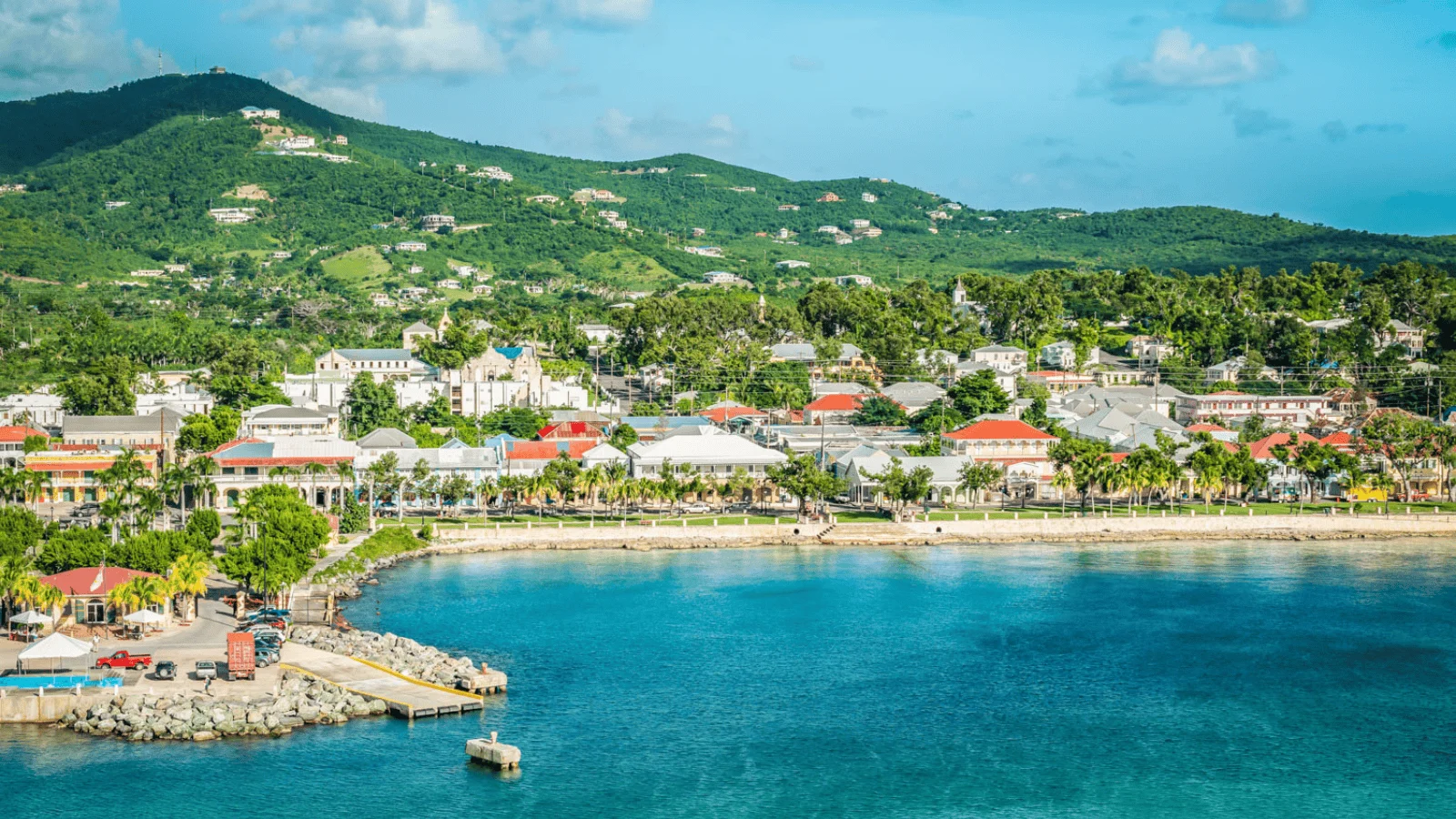
The Estate Whim Museum sits on the U.S. Virgin Island of St. Croix. It’s the oldest sugar plantation museum in the islands and an excellent example of colonial life.
Throughout the 12-acre property, you can tour the well-preserved Great House, slave quarters, mill factory, and more. In addition to artifacts and exhibits, the Estate Whim Museum lets visitors learn about Crucian food, art, and music from the island’s “tradition bearers.”
Hudson Athens Lighthouse, New York
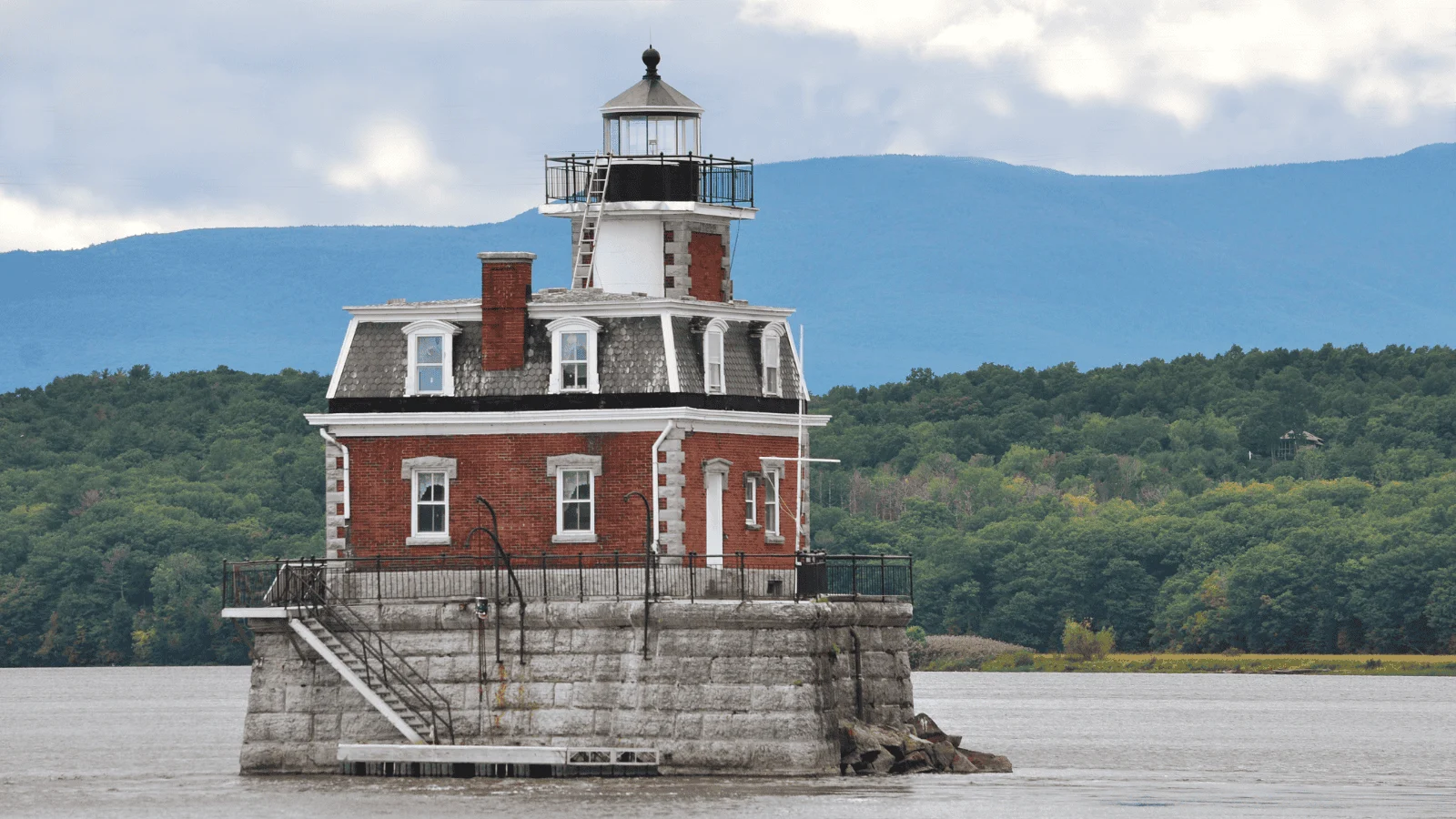
Hudson Athens Lighthouse is a fascinating remnant of a bygone era. For 150 years, it has stood in the Hudson River, exemplifying New York’s bustling commerce and transportation industries.
The Hudson Athens Lighthouse Preservation Society seeks to protect this unique landmark. To ensure its preservation, it plans to convert the lighthouse into a gathering place for the local community.
Little Tokyo, California
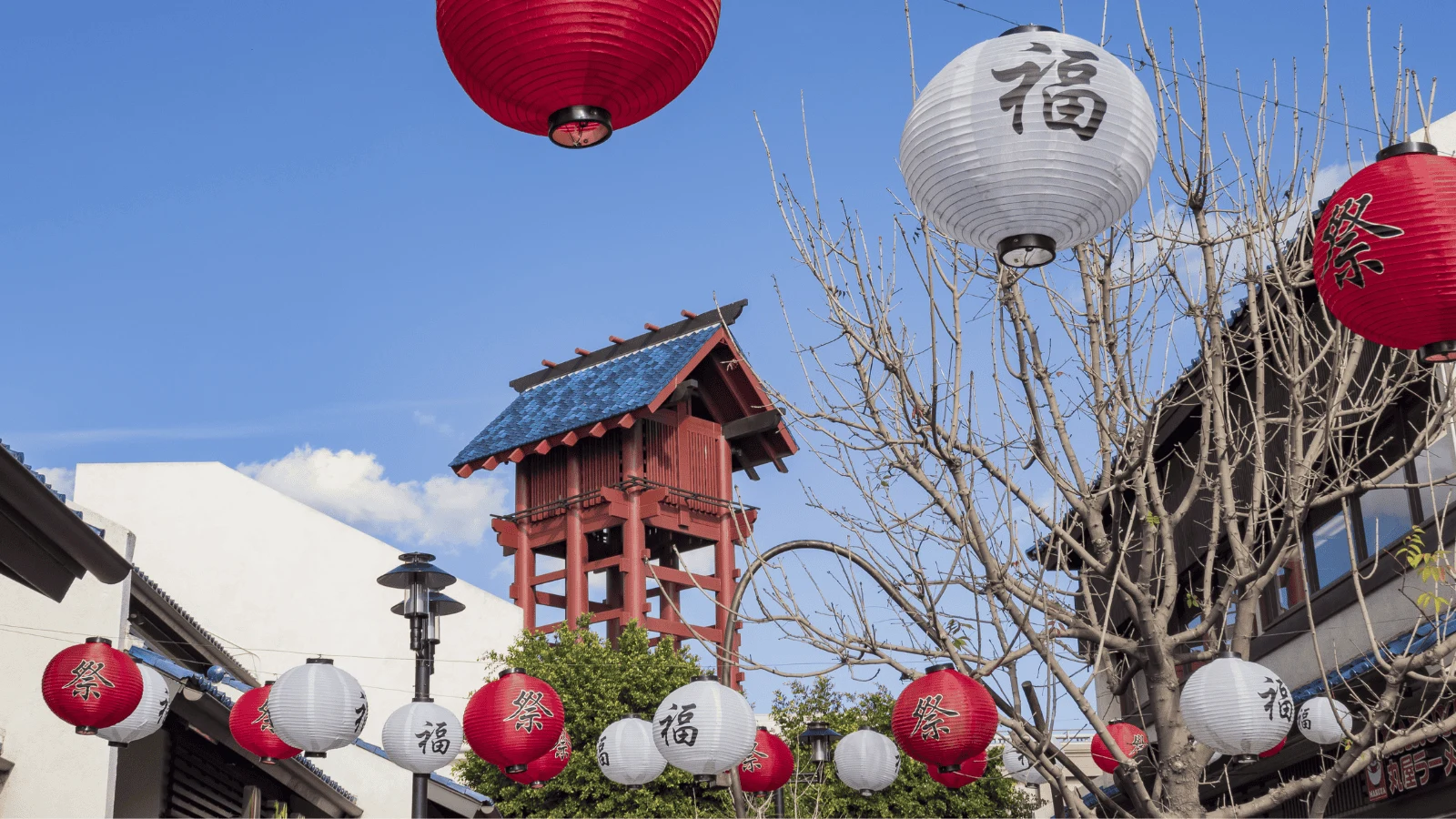
Little Tokyo has been a fixture of Los Angeles for over 100 years, though it may not last another century. This Japanese district emerged in the 1890s and now hosts over 400 businesses.
Safeguarding Little Tokyo, one of only three established Japanese communities in the country, is paramount. For decades, commercial development and gentrification have threatened its distinct culture.
Larimer Square, Colorado
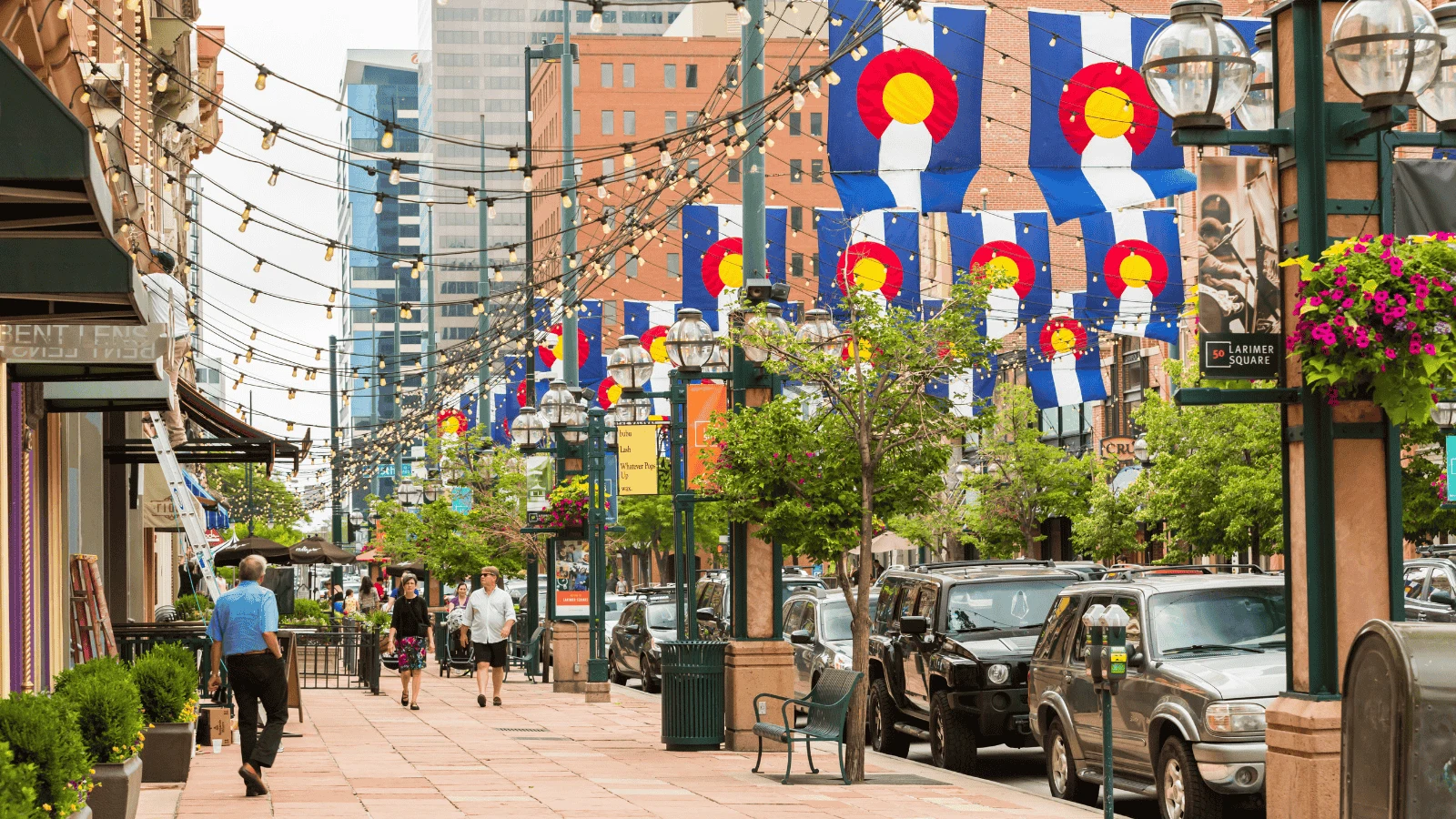
Travelers can experience some of Denver’s best arts and culture in Larimer Square. The city block houses many historic buildings and is a hub for local business owners and creatives.
Current issues facing Larimer Square include plans to demolish or modify existing structures. To save its distinct identity, officials must appropriately manage future development projects.
Minute Man National Historical Park, Massachusetts
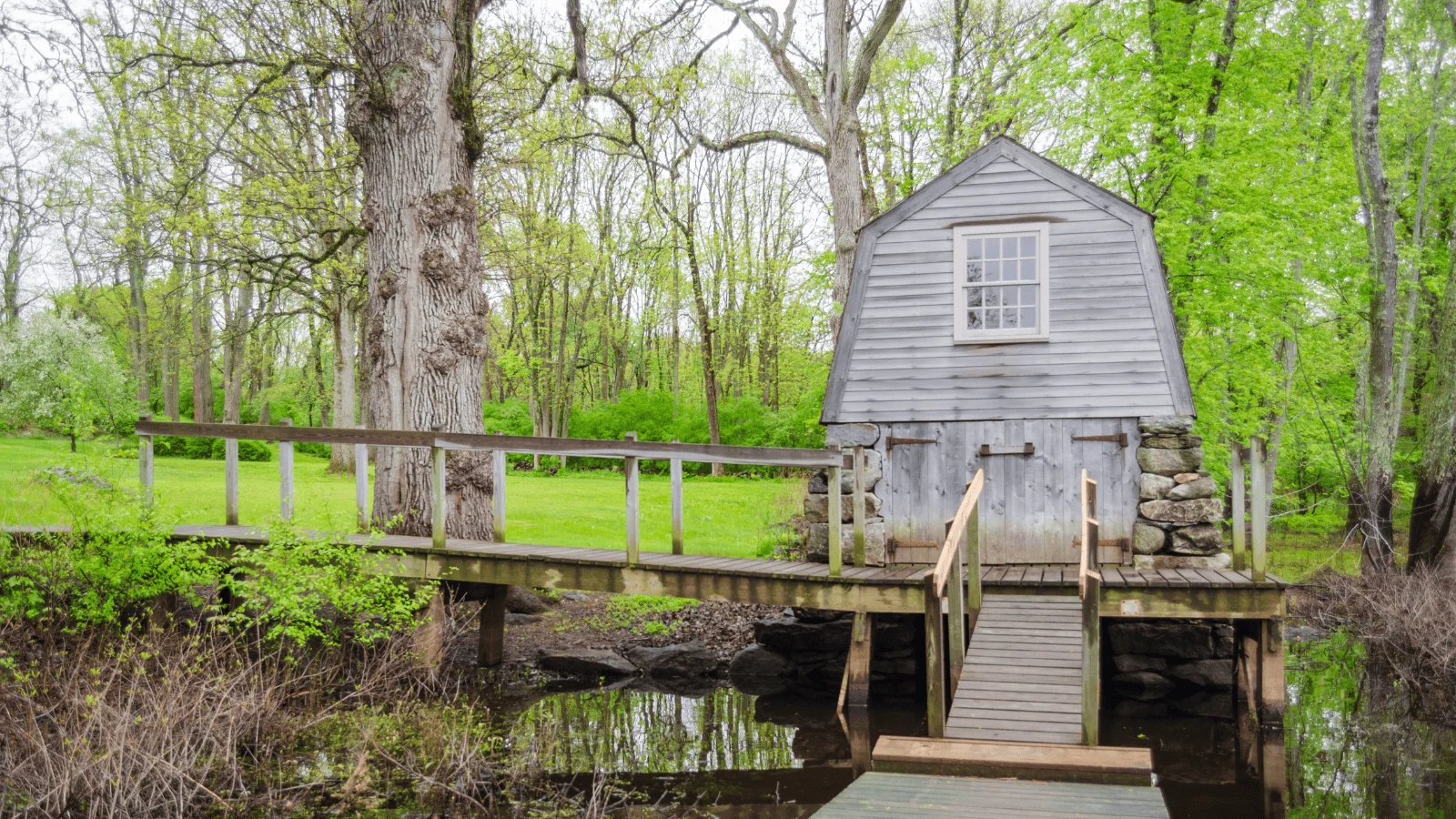
Many U.S. tourists overlook Minute Man National Historical Park in Massachusetts. As the first battle site of the American Revolution, it’s deeply rooted in national history.
The Massachusetts Ports Authority plans to build a private jet airfield in the area that would increase noise pollution and emissions. Public activists, including actress Ashley Judd, have denounced the proposal, calling for its cancelation.
Oljato Trading Post, Utah
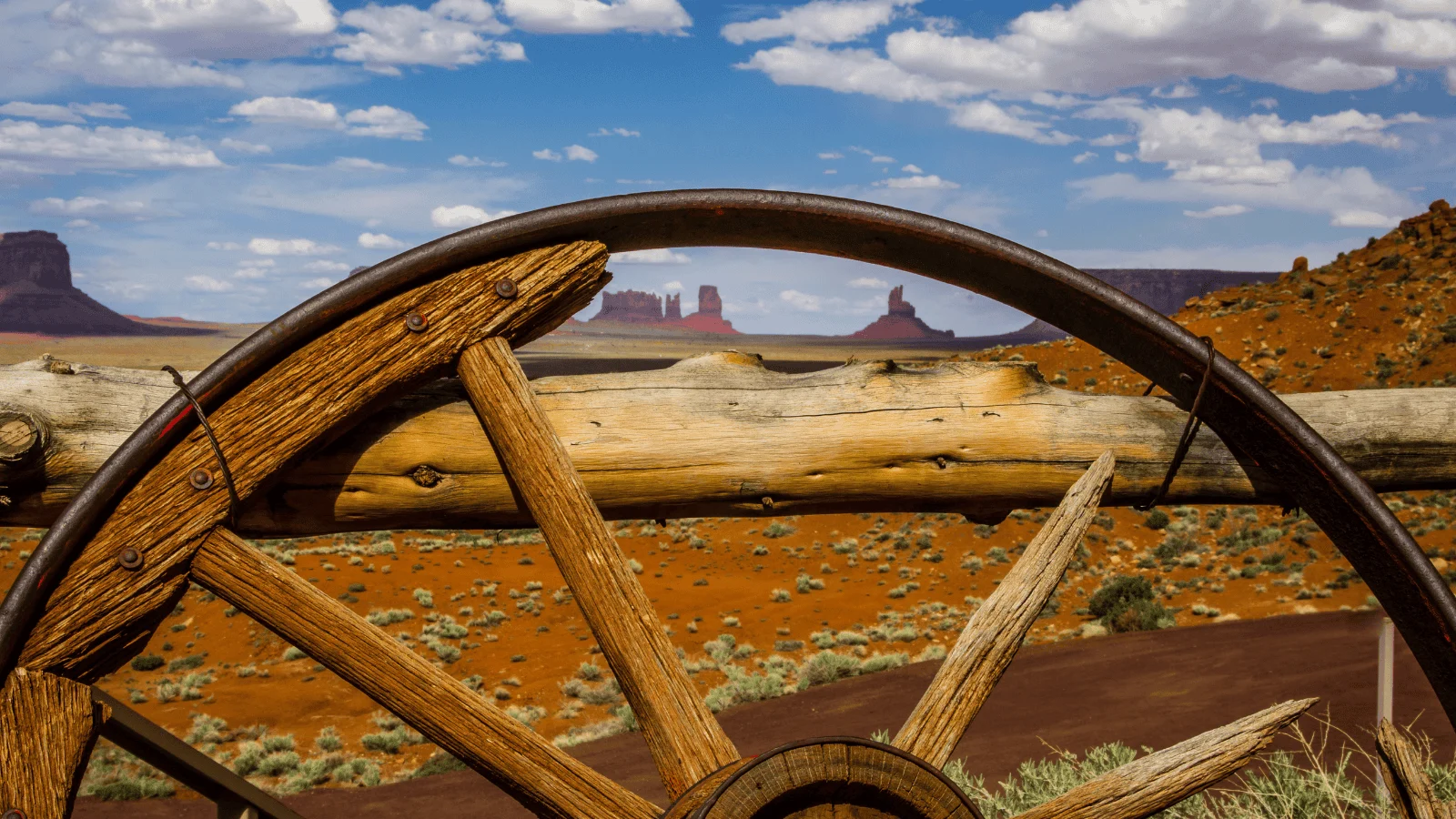
Utah’s Oljato Trading Post is a highly endangered Navajo Nation site. Located in the iconic Oljato Monument Valley, it is a treasured 19th-century relic.
Structural concerns plague the crumbling trading post, though advocates hope to clean and repair the site. Restoring Oljato Trading Post to its former glory will help younger generations better understand and appreciate the Navajo Nation.
Little Havana, Florida
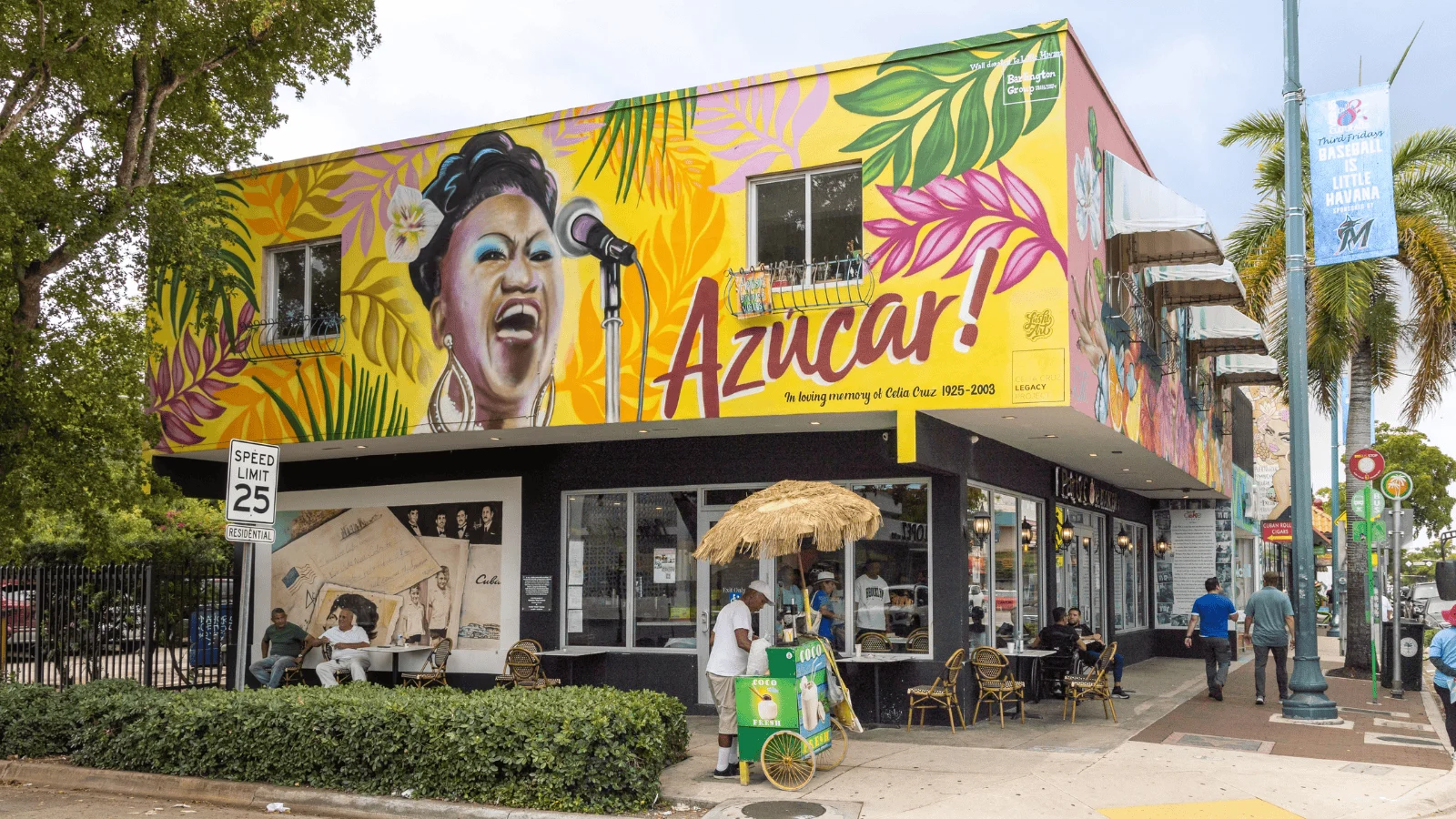
Little Havana is a vibrant area of Miami with Latin restaurants, clubs, museums, and stores. Its artistic scene showcases traditional Cuban elements with modern influences.
This diverse neighborhood’s historic buildings face development, demolition, and zoning threats. Many residents have relocated from Little Havana recently due to increased living costs, putting its cultural heritage at risk.
Moku’aikaua, Hawaii
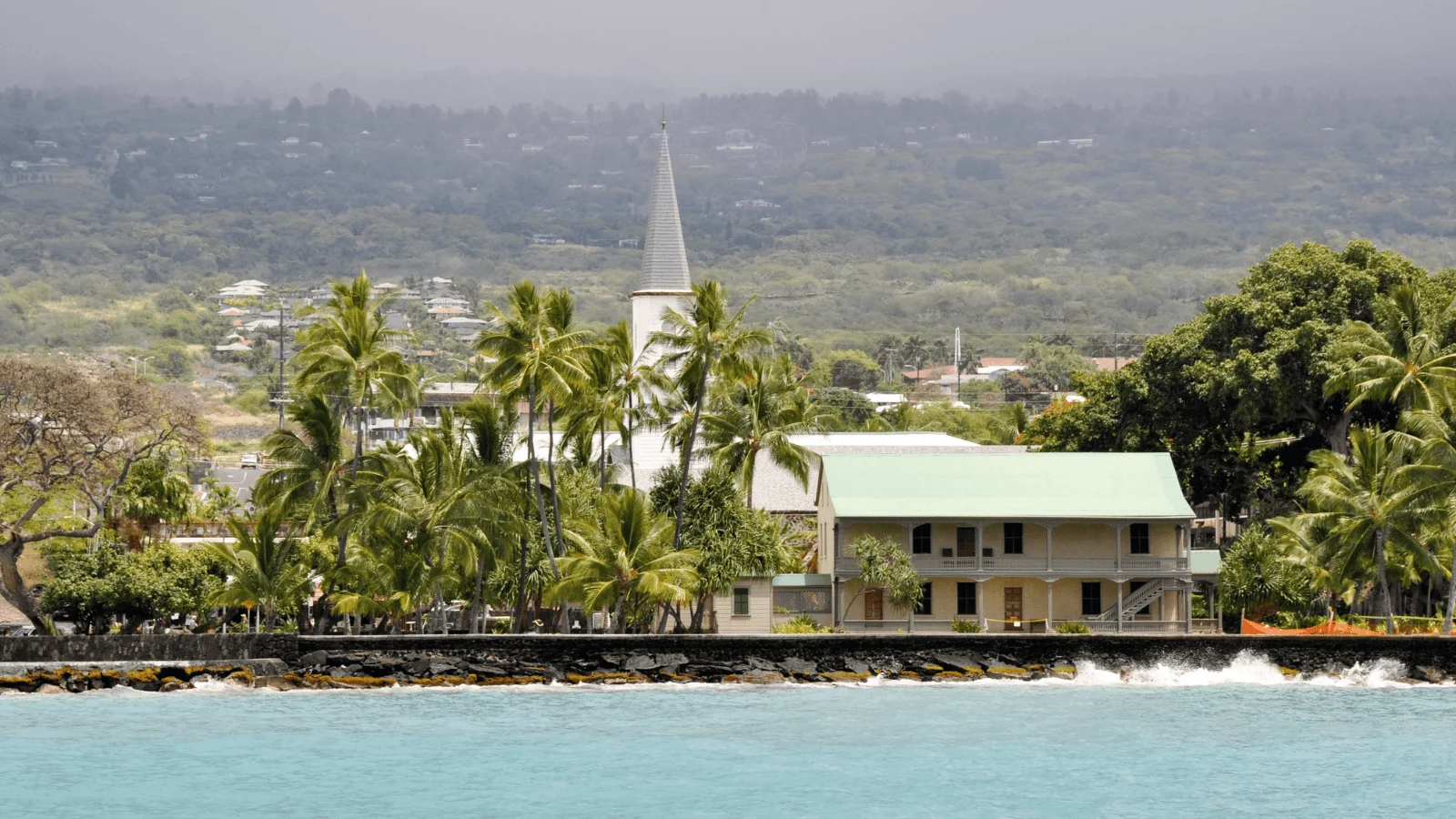
Moku’aikaua, built in 1837, is Hawaii’s oldest Christian church. It sits on the Big Island and is a beautiful example of Hawaiian heritage.
Over time, the church has suffered damage from the elements, ranging from termites to dry rot and cracked stone walls. The community is working to restore Moku’aikaua Church, hoping it will stand for another 200 years.
Sitka Tlingit Clan Houses, Alaska
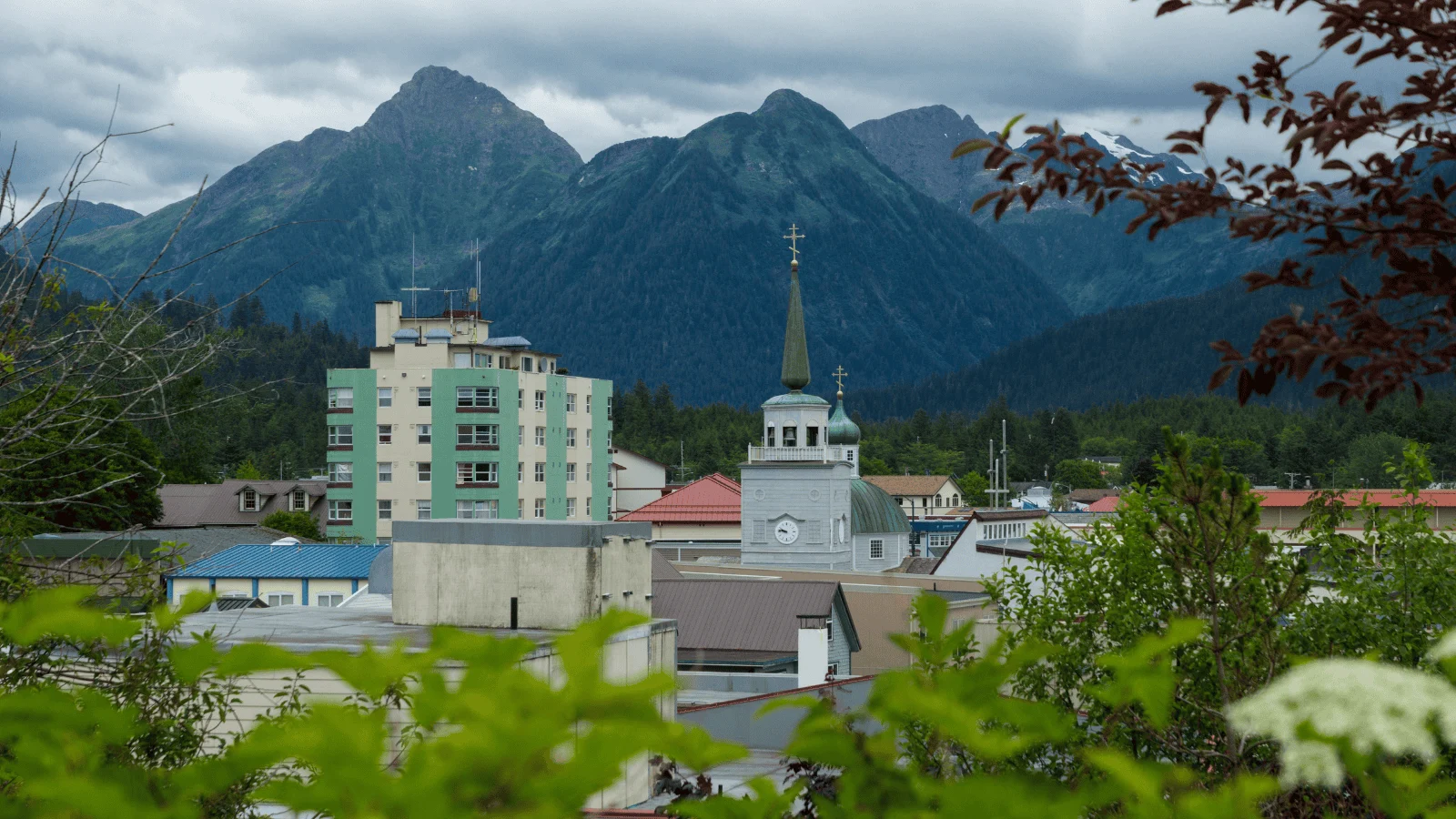
The dilapidated Sitka Tlingit Clan Houses of Alaska were once bustling community gathering spaces. Tlingits established the neighborhood in the 1820s, though only eight of the original 30+ homes remain standing.
An initiative led by members of the Kiks.adi clan aims to rebuild a central structure, the Point House. This project would steward Tlingit traditions for future generations, combining time-honored customs with modern innovation.
Nashville’s Music Row, Tennessee
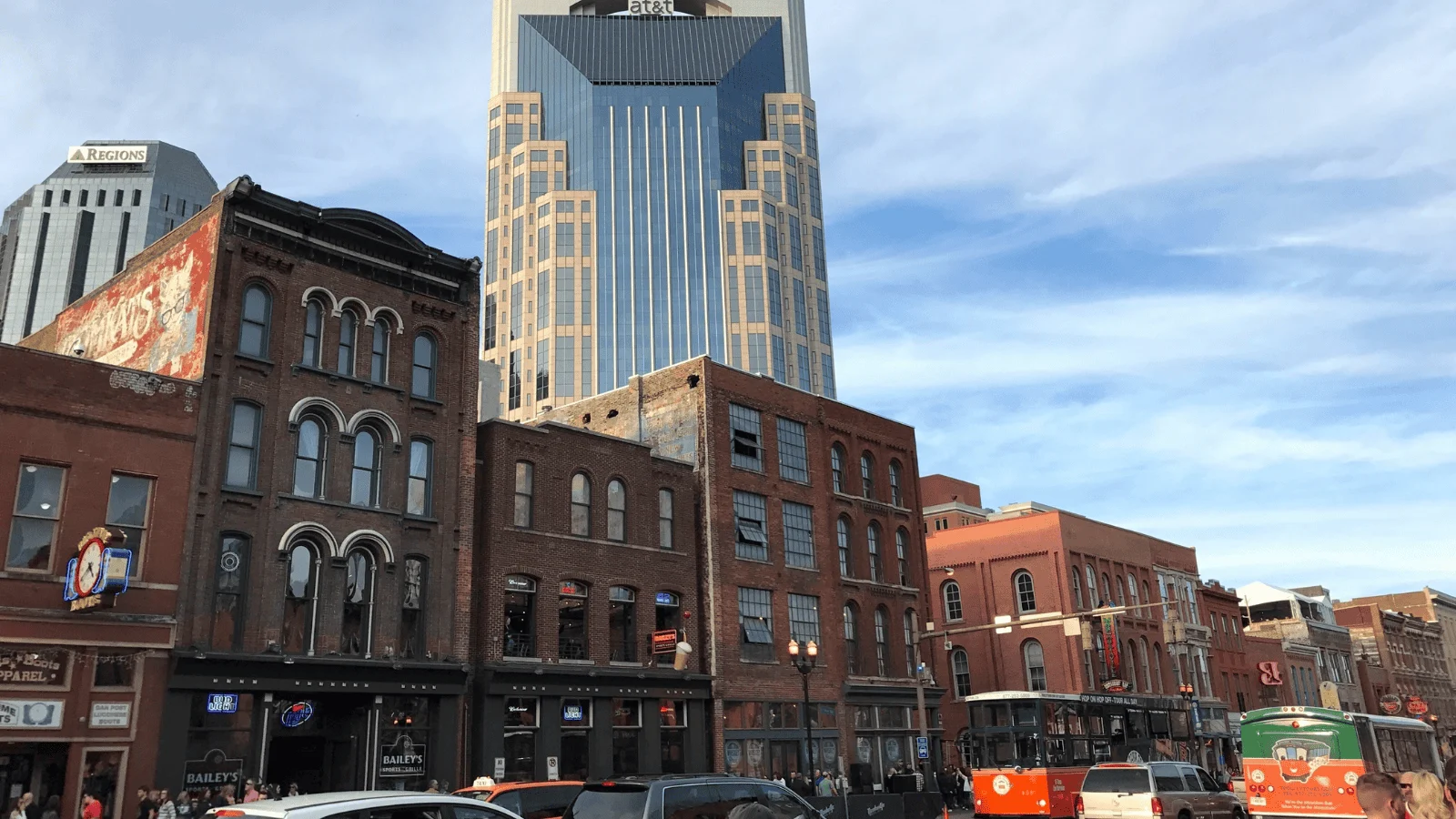
Music Row is one of the best places to experience Nashville’s lively music scene. Recording studios, performance venues, and museums line the streets. Famous artists like Dolly Parton and Elvis Presley have frequented Music Row.
The growing Nashville economy threatens Music Row’s integrity. Local and national organizations seek to raise awareness of its cultural and historical significance to save the area.
Experience these historic sites before they’re gone
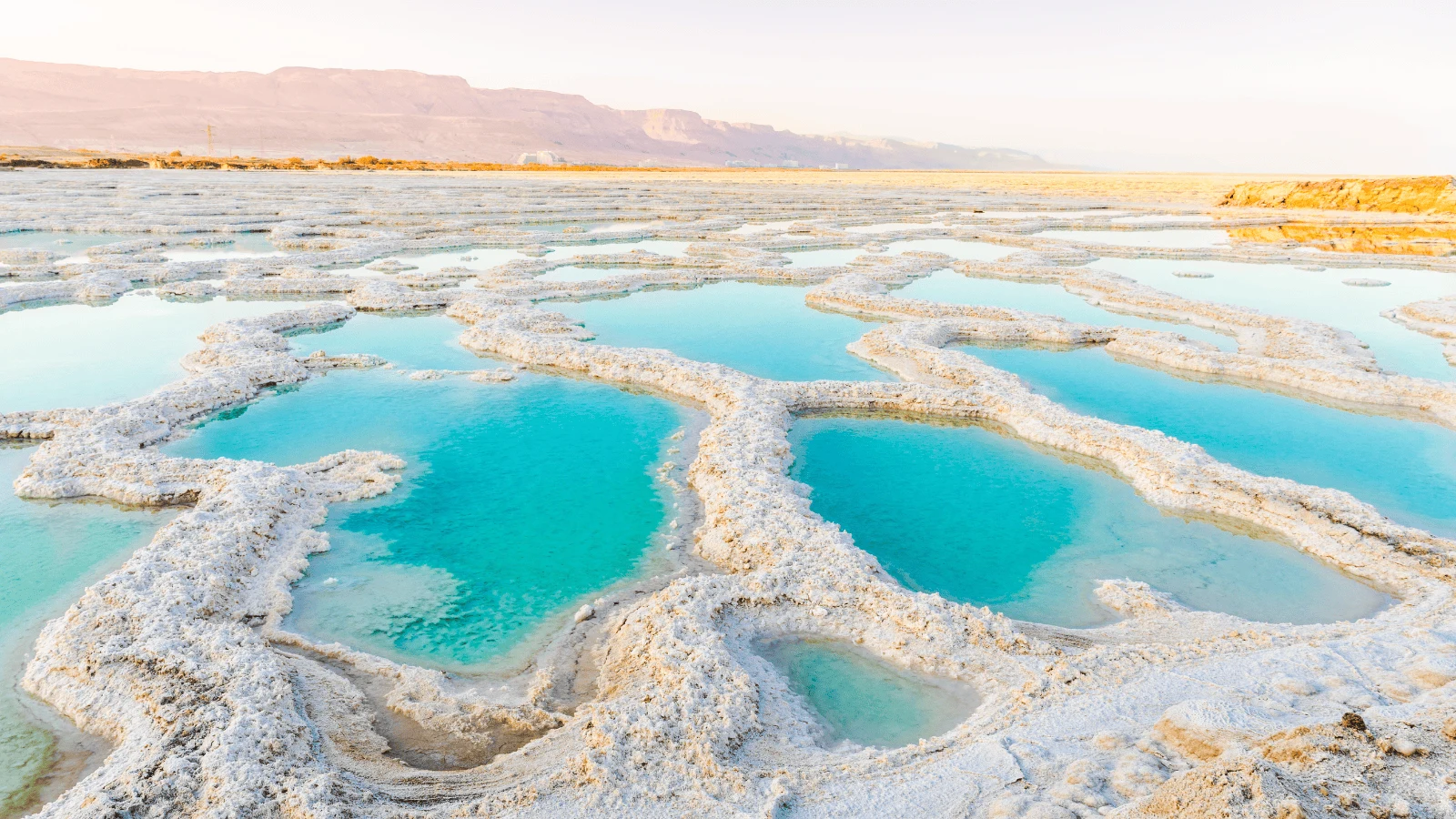
Overtourism and environmental changes threaten to destroy many places worldwide. Some of your travel bucket list destinations may not exist within several decades.
19 Endangered Places That Might Vanish by 2100
Visit the country’s most underrated cities before they’re overrun
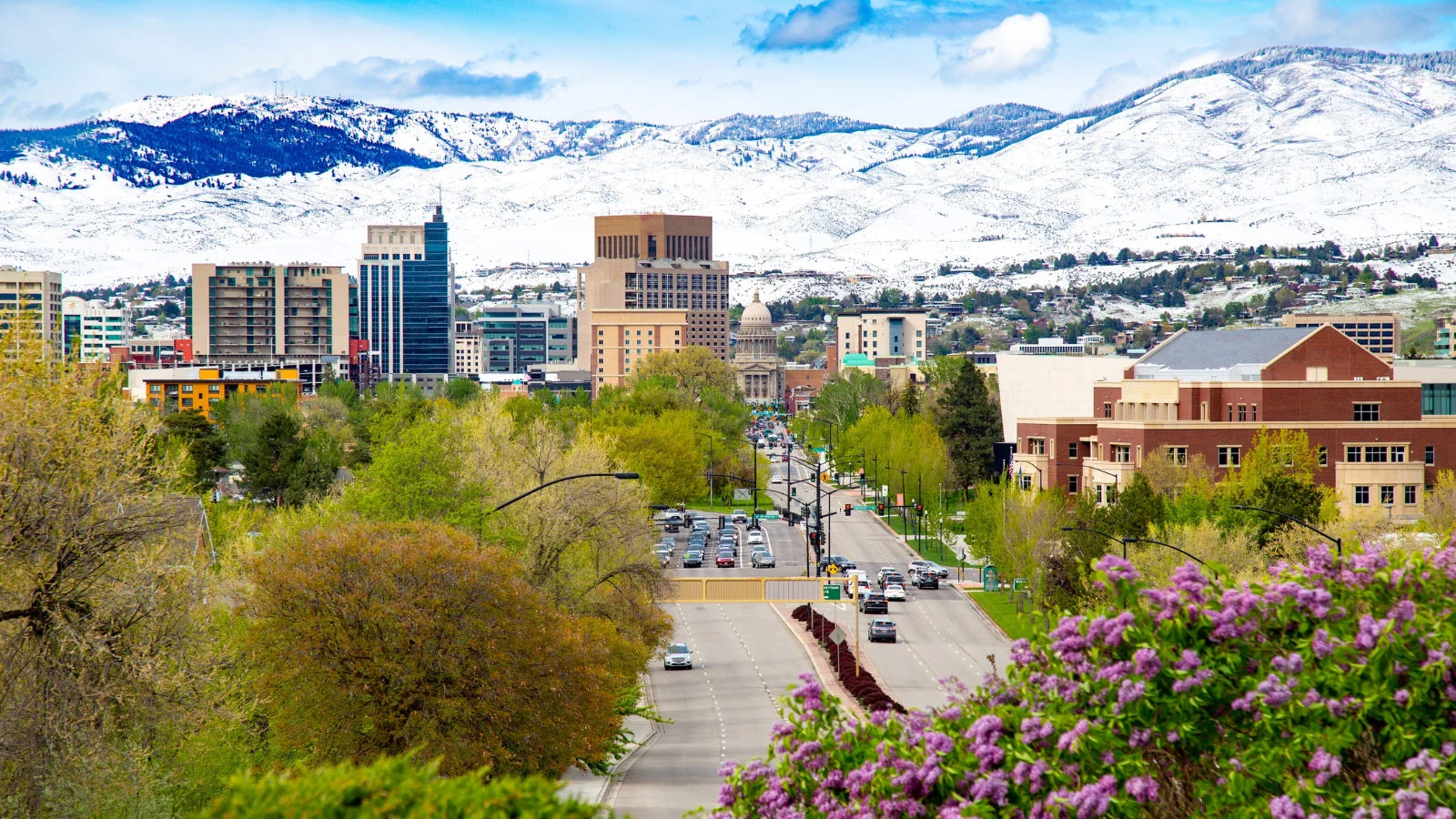
The U.S. has many underrated cities worth exploring. Check out these hidden gems before they become tourist hotspots.
19 Most Underrated Cities in the US to Visit Before Tourism Ruins Them

Elise Armitage is an entrepreneur and founder of What The Fab, a travel + lifestyle blog based in California. At the beginning of 2019, Elise left her corporate job at Google to chase her dreams: being an entrepreneur and helping women find fabulous in the everyday. Since then, she’s launched her SEO course Six-Figure SEO, where she teaches bloggers how to create a passive revenue stream from their website using SEO. Featured in publications like Forbes, Elle, HerMoney, and Real Simple, Elise is a firm believer that you can be of both substance and style.


